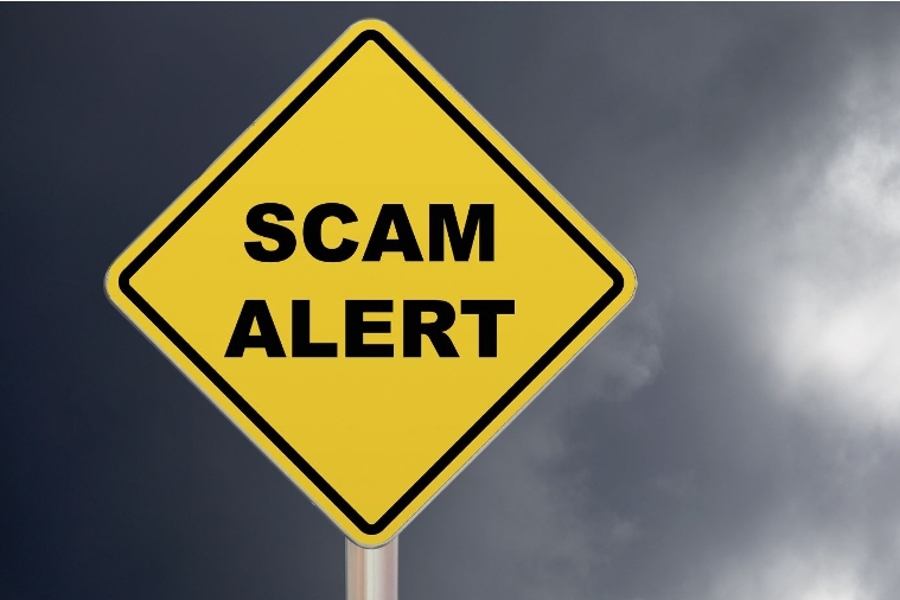CONSUMER ALERT: AVOIDING FRAUDULENT CHARITIES AND SCAMS WHILE DONATING TO HURRICANE RELIEF

As many states across the Southeast are facing a difficult recovery from the unprecedented devastation caused by Hurricanes Helene and Milton, many individuals are eager to help those affected by making donations.
Unfortunately, scam artists often take advantage of disasters like these to set up fake charities and exploit your goodwill, so you'll want to be on the lookout for fraudulent charities and other scams.
Before donating any money to a charitable organization, check to see if the charity in which you are interested is registered with the Maryland Secretary of State's Public Registry.
Donate to well-known national or local charities with experience in disaster relief. Several websites (such as GuideStar and Charity Navigator) provide information on an organization's financials, mission statements, and more.
This information may help you decide how to divide up your giving. Bogus charities frequently use names and logos that are slightly changed but resemble well-known, legitimate organizations.
Some strategies you want to keep in mind to protect yourself from fraud include:
- Never agree to give money over the phone or to a door-to-door solicitor. Ask the caller or solicitor for written information about the charity and read it before making your decision.
- Avoid high-pressure and time-sensitive tactics, such as solicitors who are urging you to make an immediate donation. Even if the charity has an urgent need for money, the need will still exist after you have vetted the organization to make sureit's legitimate.
- Be wary about clicking on requests for donations found in emails, on a third-party website, or on social media. Scammers frequently lure consumers through social media or emails to fake websites, which are set up to steal personal and/or financial information or to release malware onto your computer.
- Before donating to a particular organization, search the charity's name online with terms like "scam" or "review" to see what, if any, experiences others have had with it.
- Don't respond to requests for prepaid credit cards, gift cards or bitcoin. Someone asking for donations in prepaid credit cards, gift cards, or bitcoin is most likely a scammer.
- Do not agree to send money through a courier or wire. Legitimate charitable organizations do not send couriers to pick up contributions.
Finally, remember that a legitimate organization should be able to clearly explain how your donation will be used and provide you a receipt for tax purposes.
Your generosity can make a real difference, but it's essential to stay vigilant. By taking these precautions, you can ensure your contributions genuinely help the victims of Hurricane Helene and Hurricane Milton.
Read more about charitable donations in our "Keeping Your Eyes Open When Donating to Charities" Consumer's Edge.
Source: Office of the Attorney General (MD)


